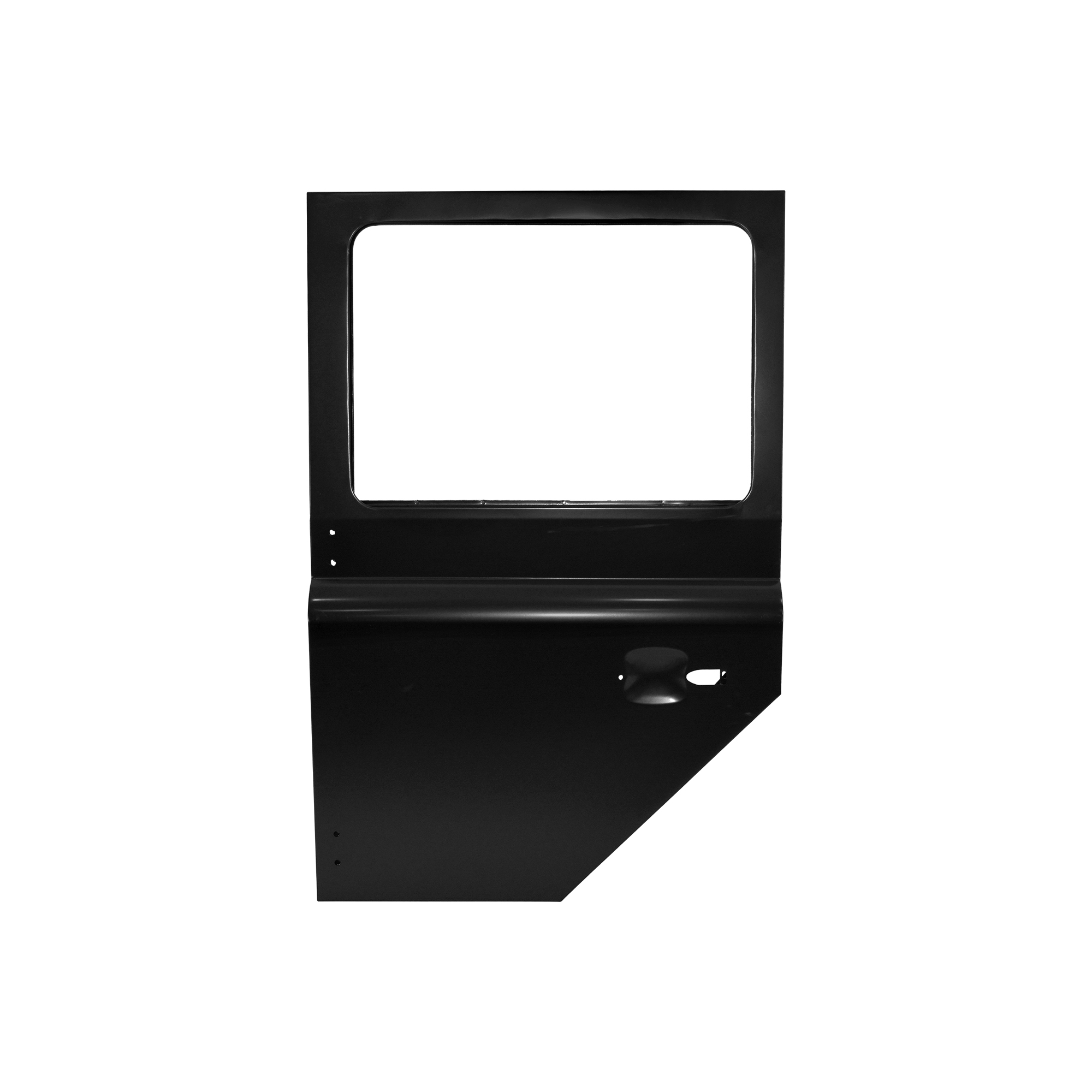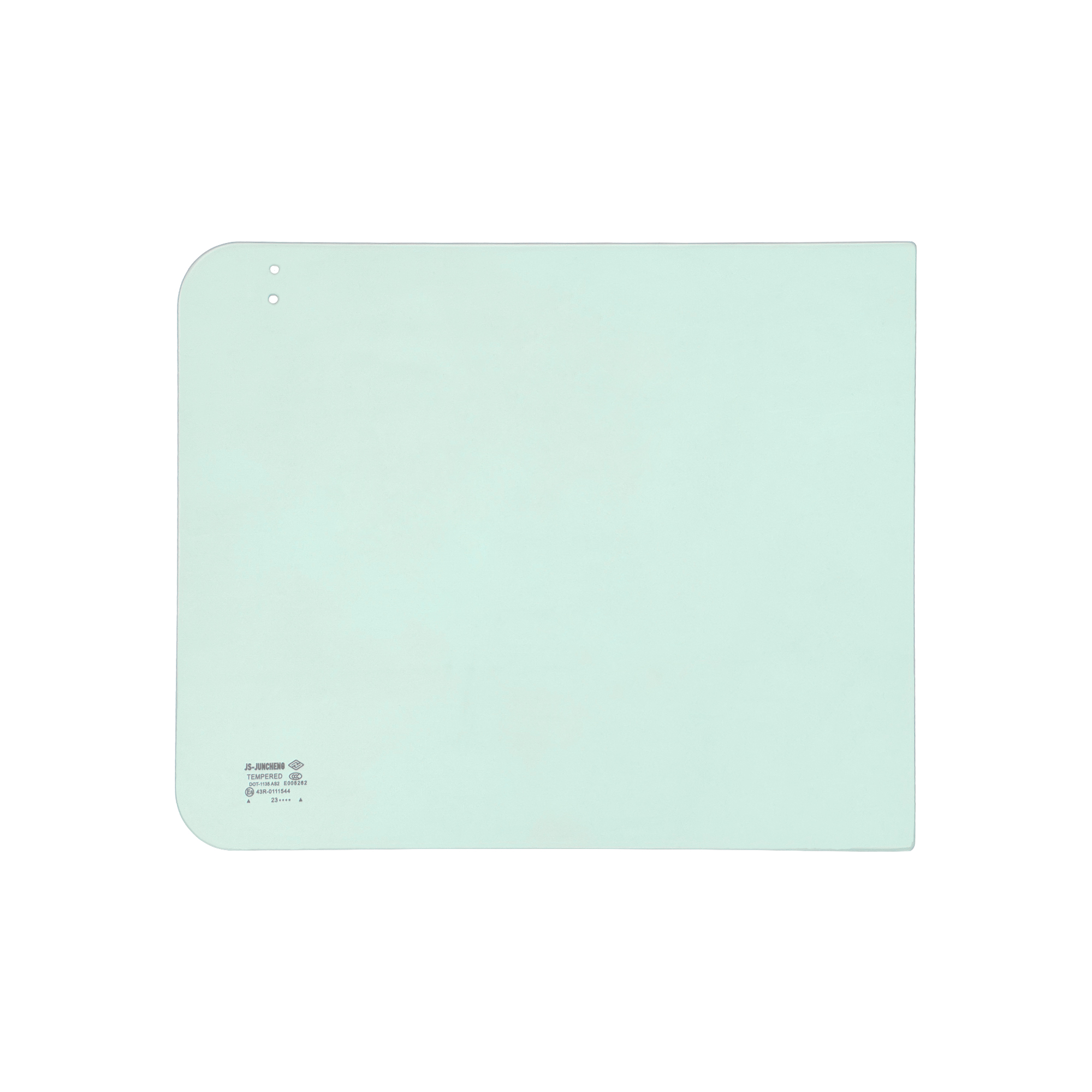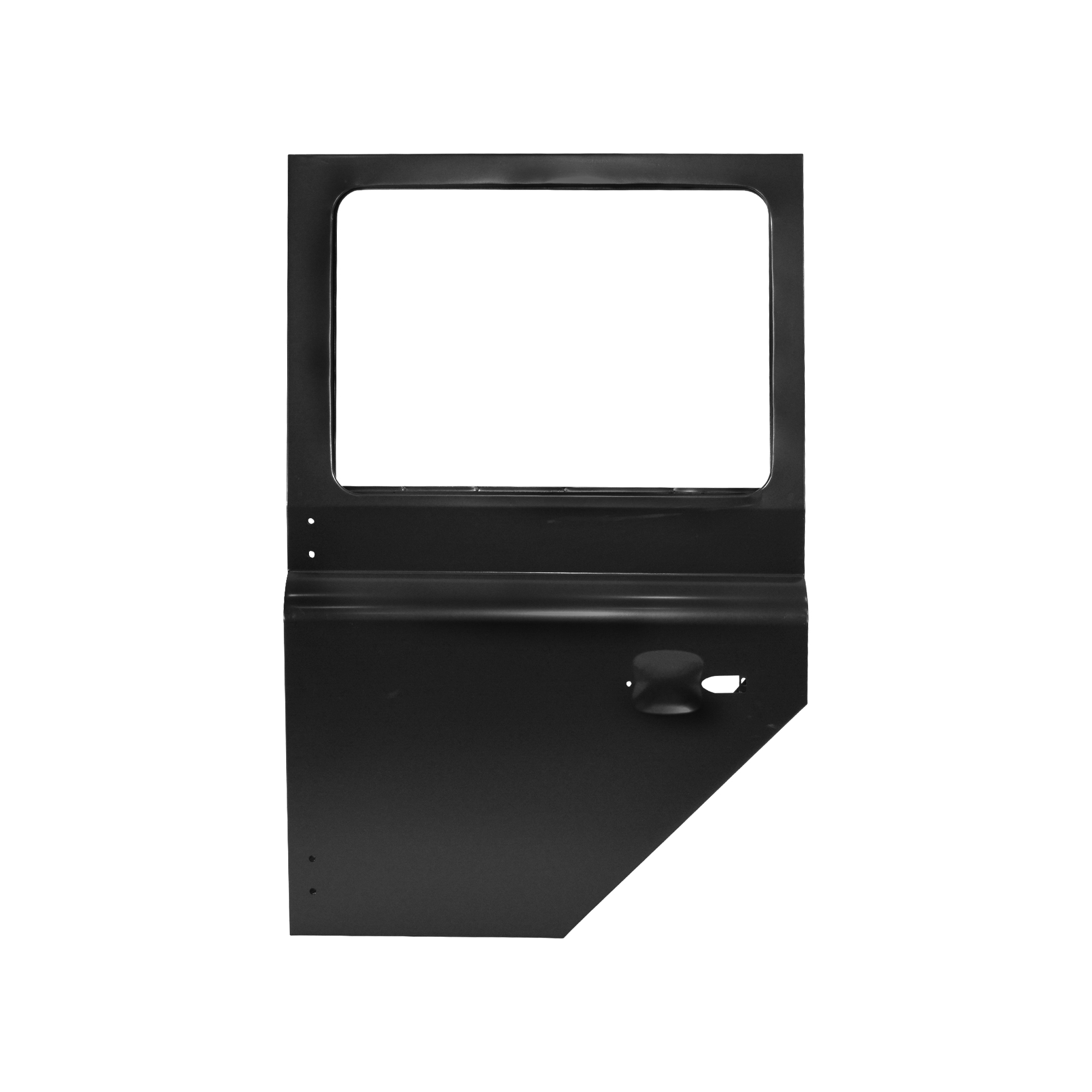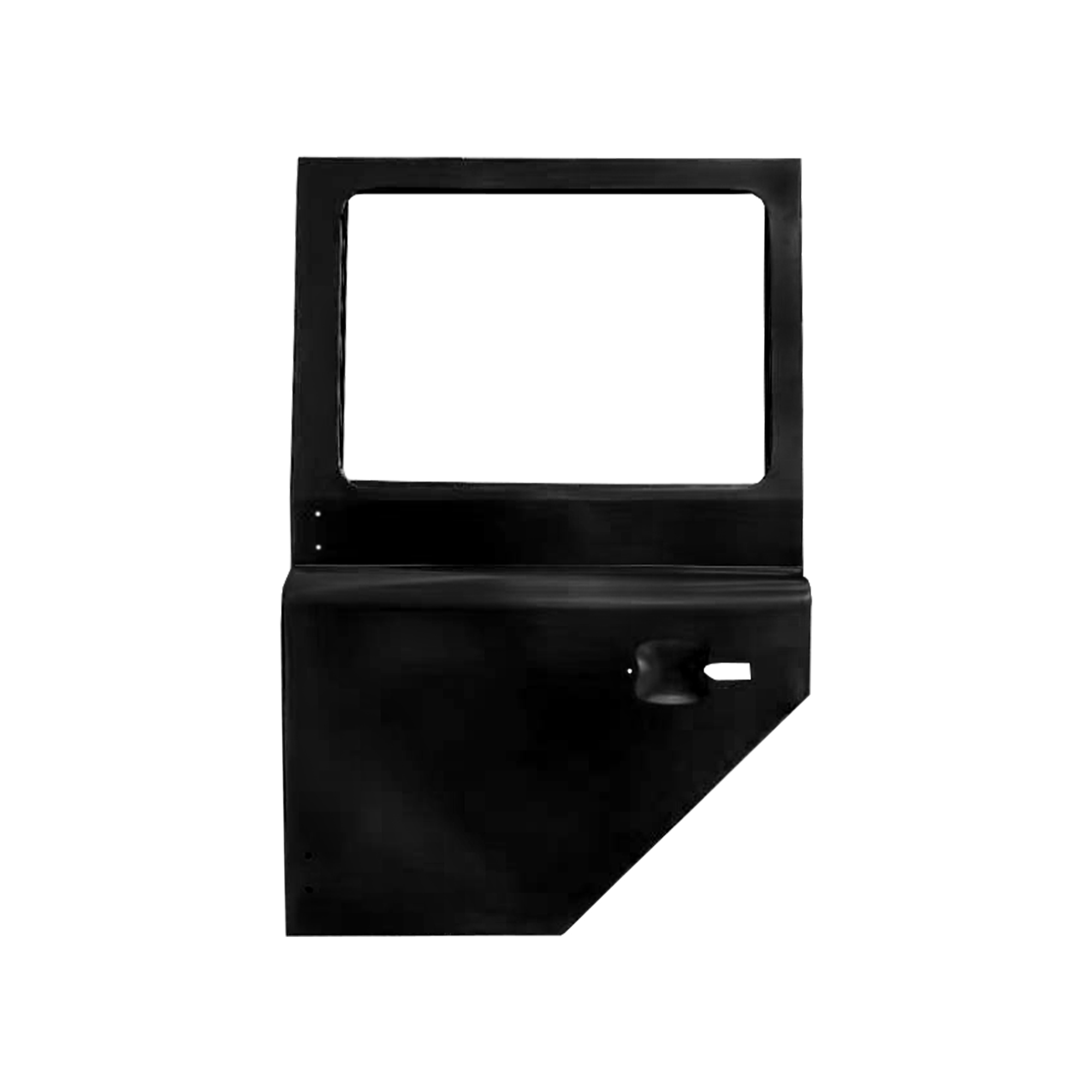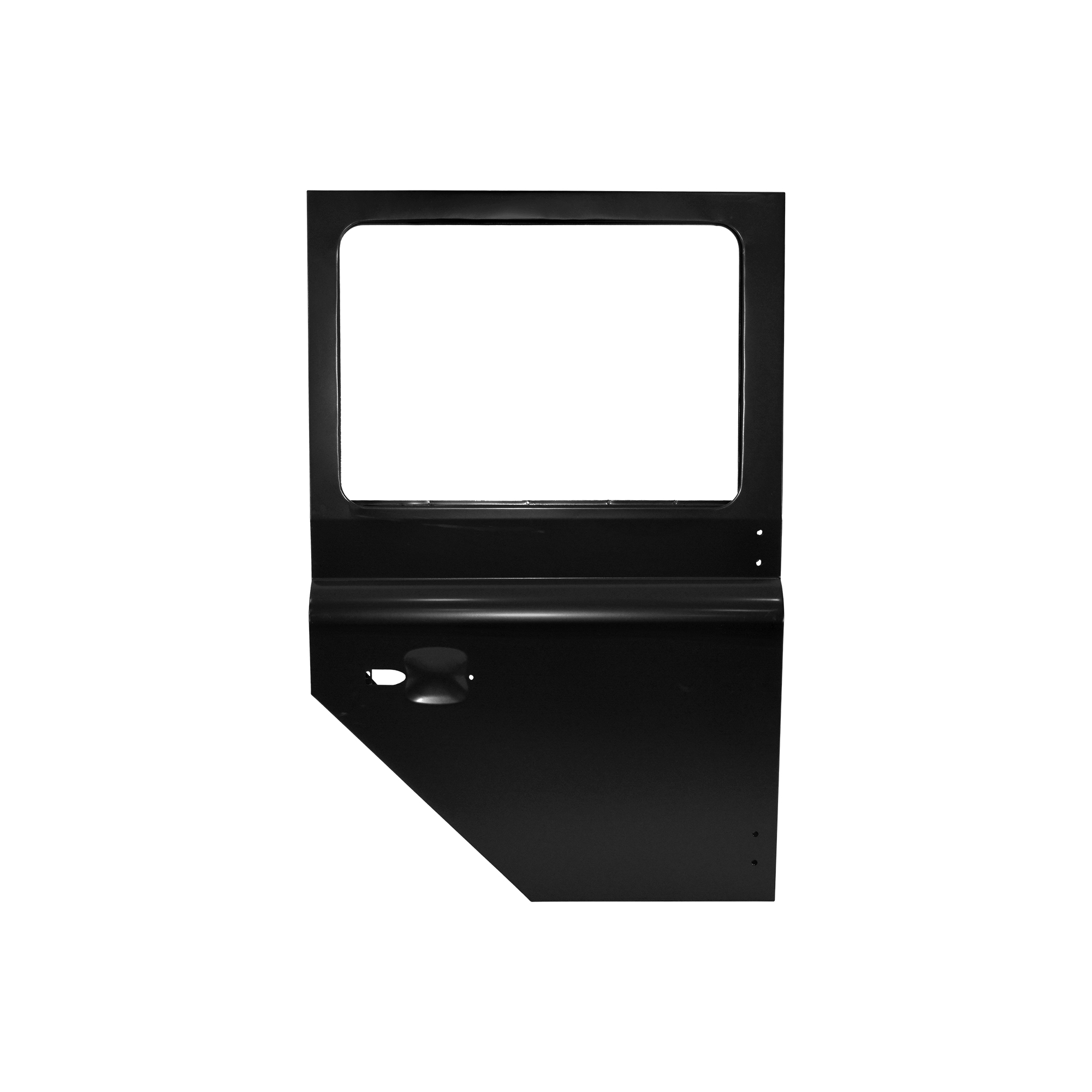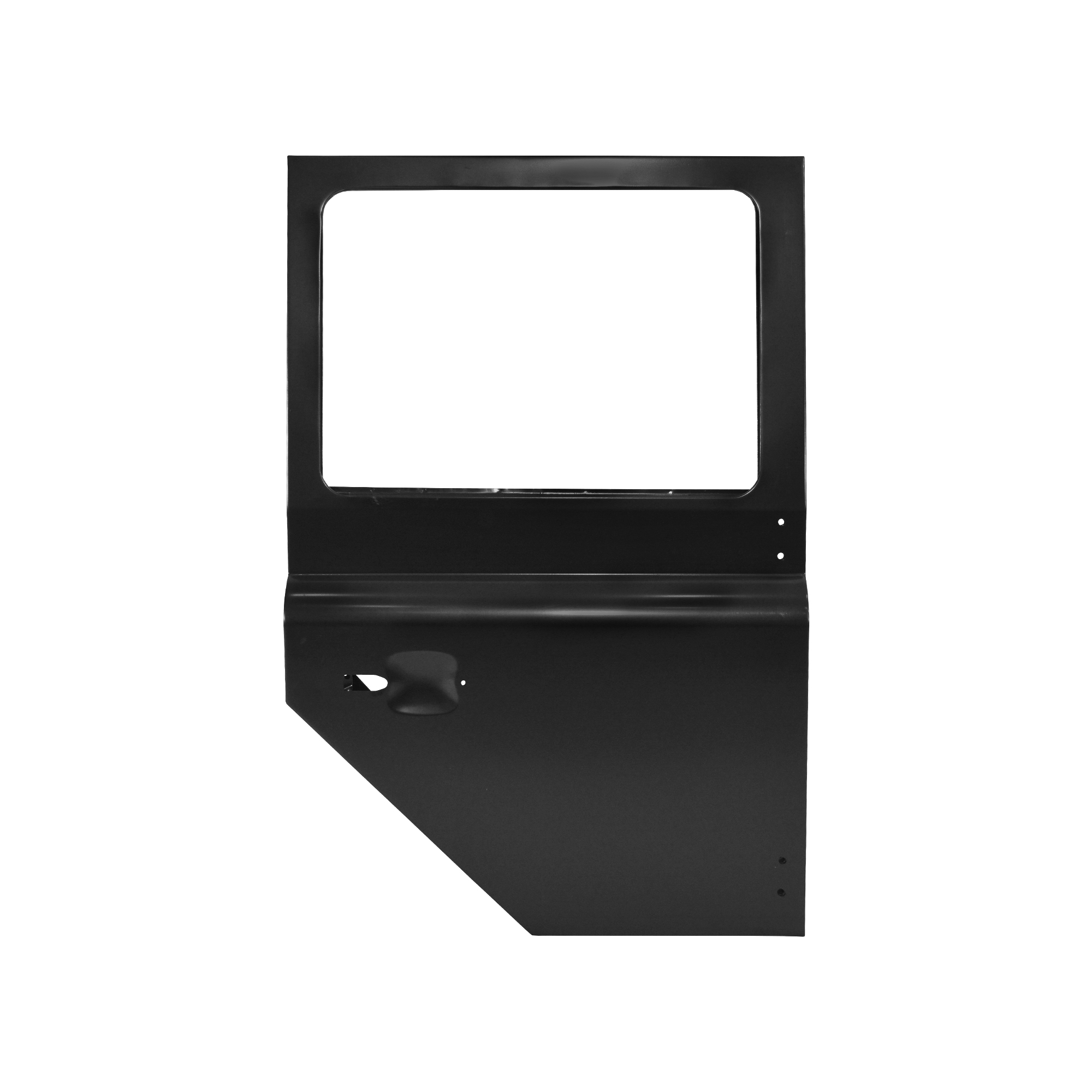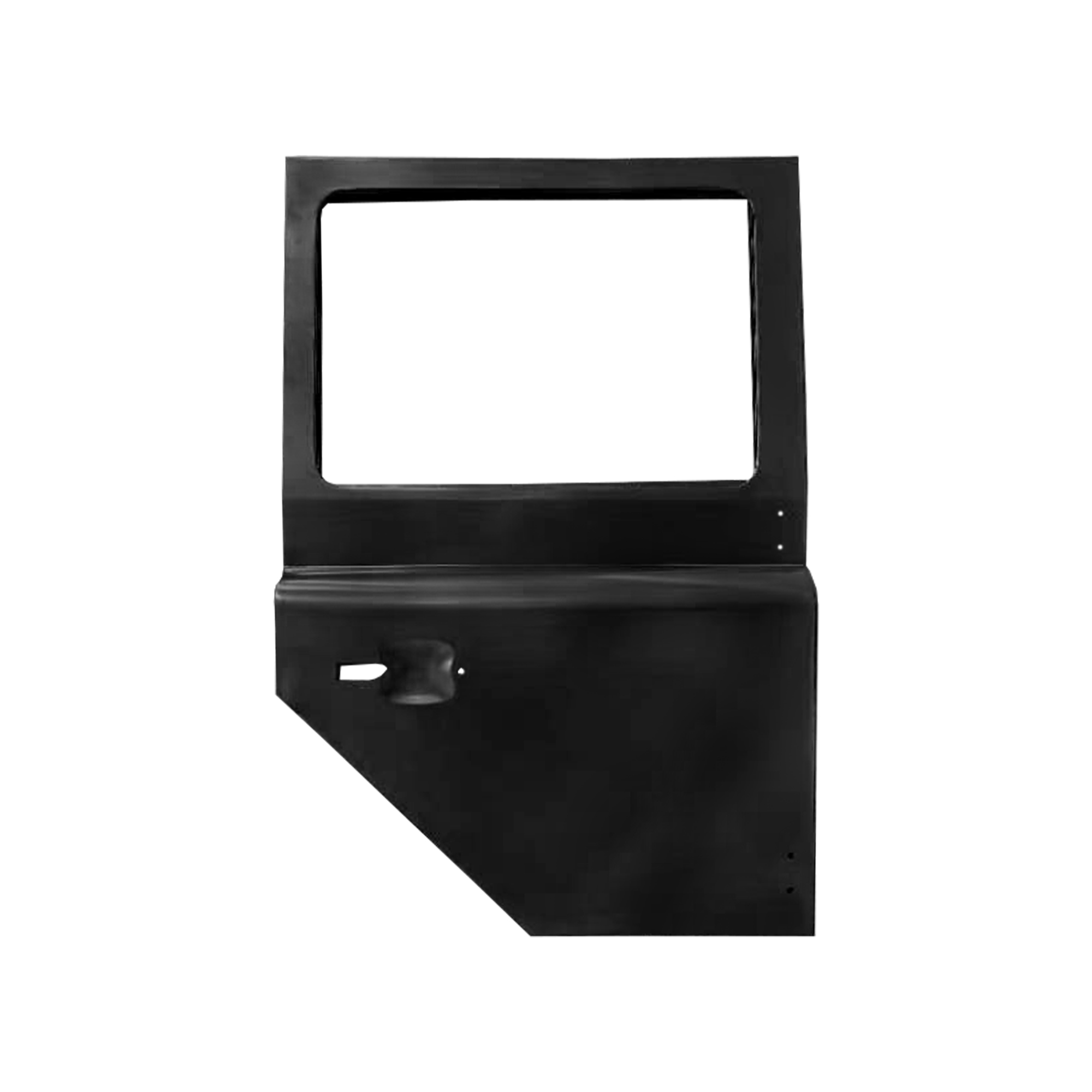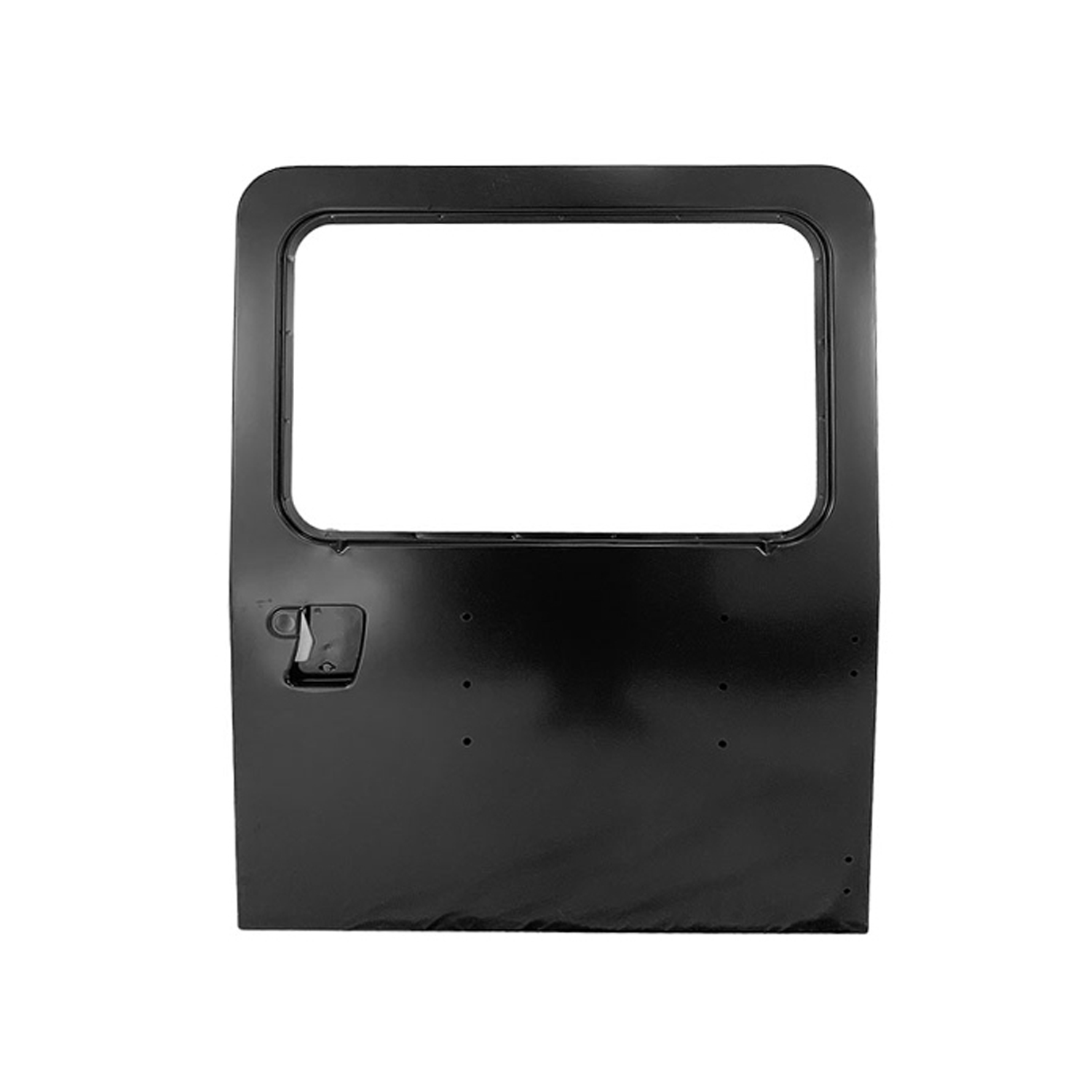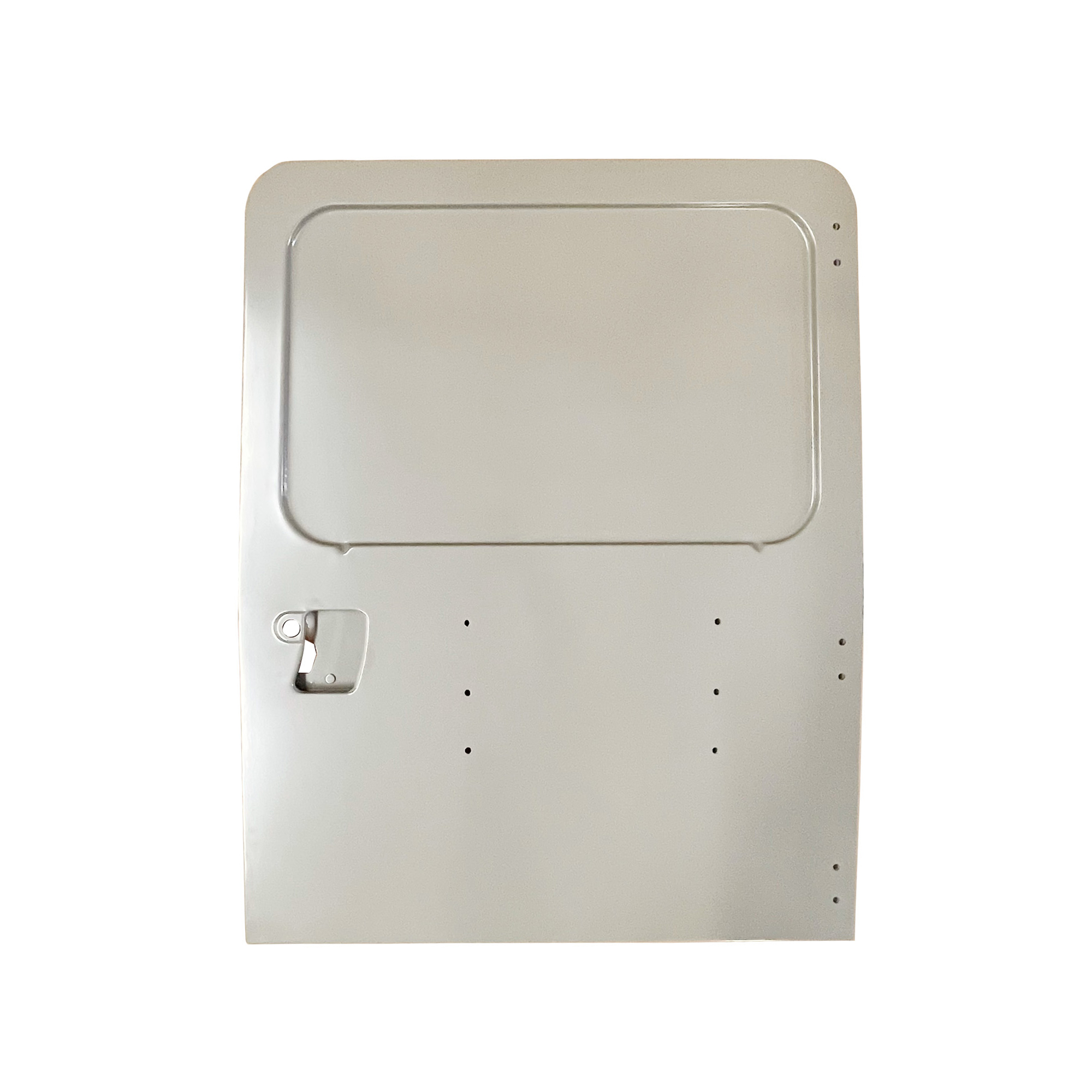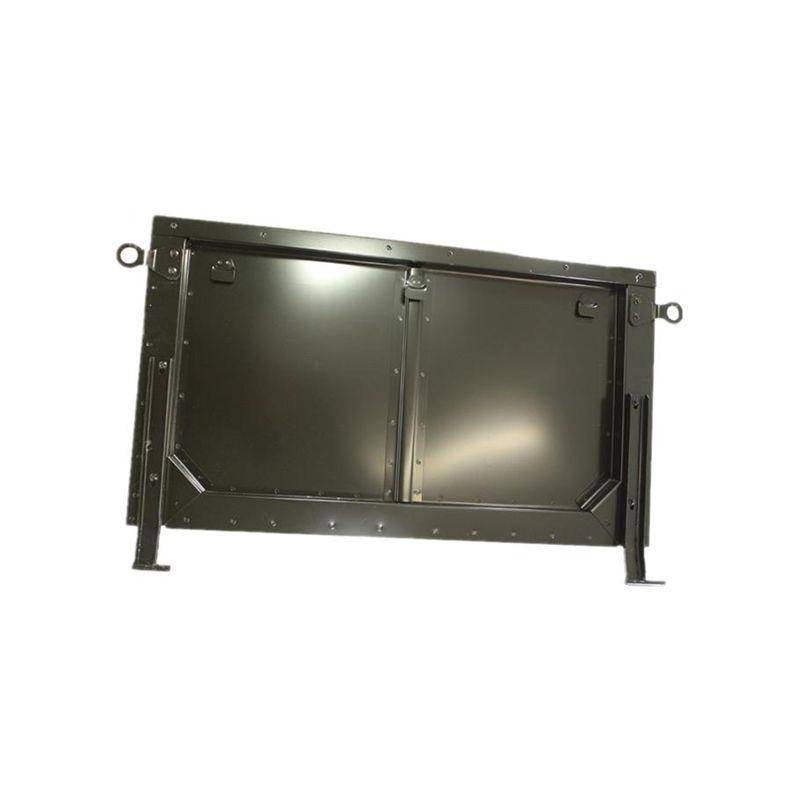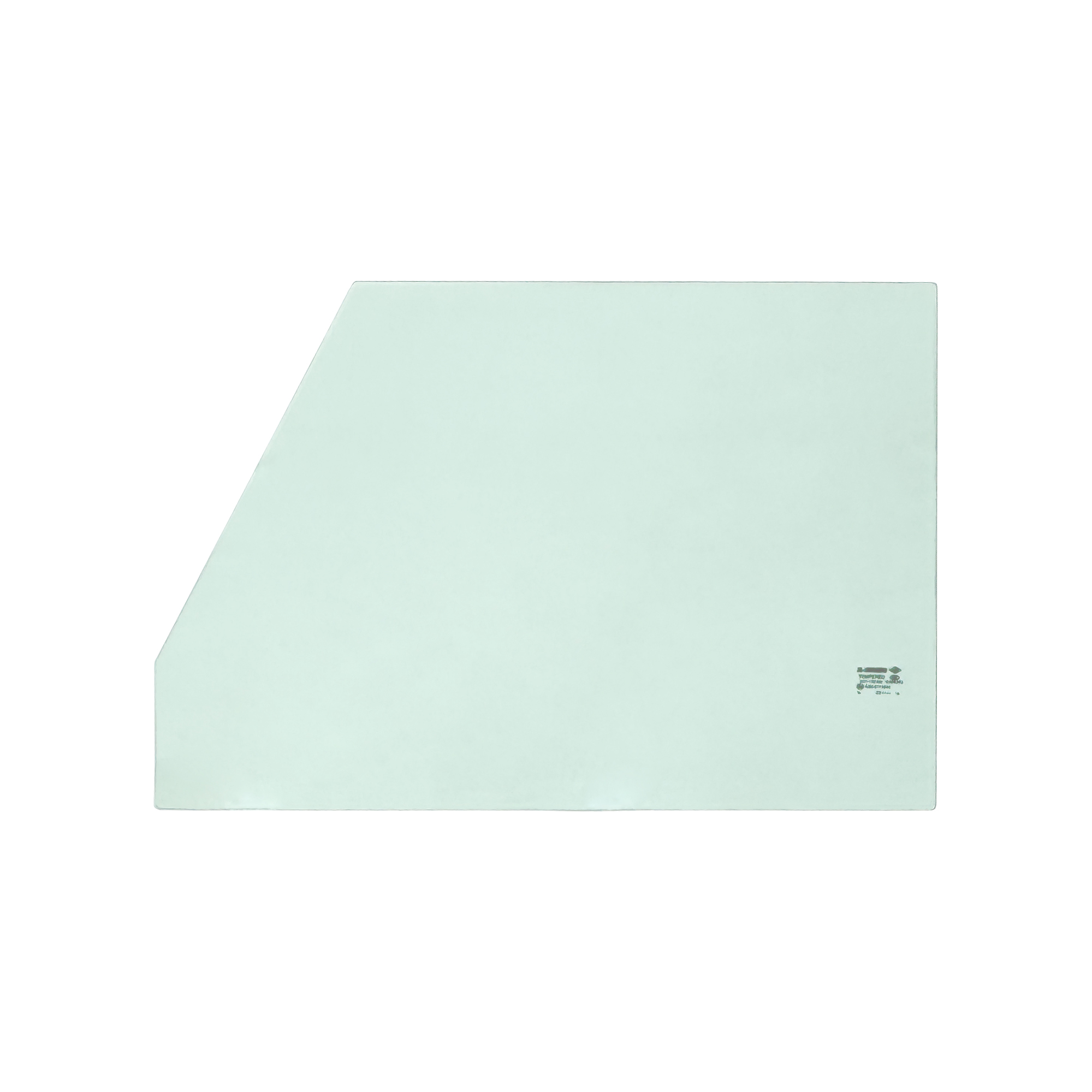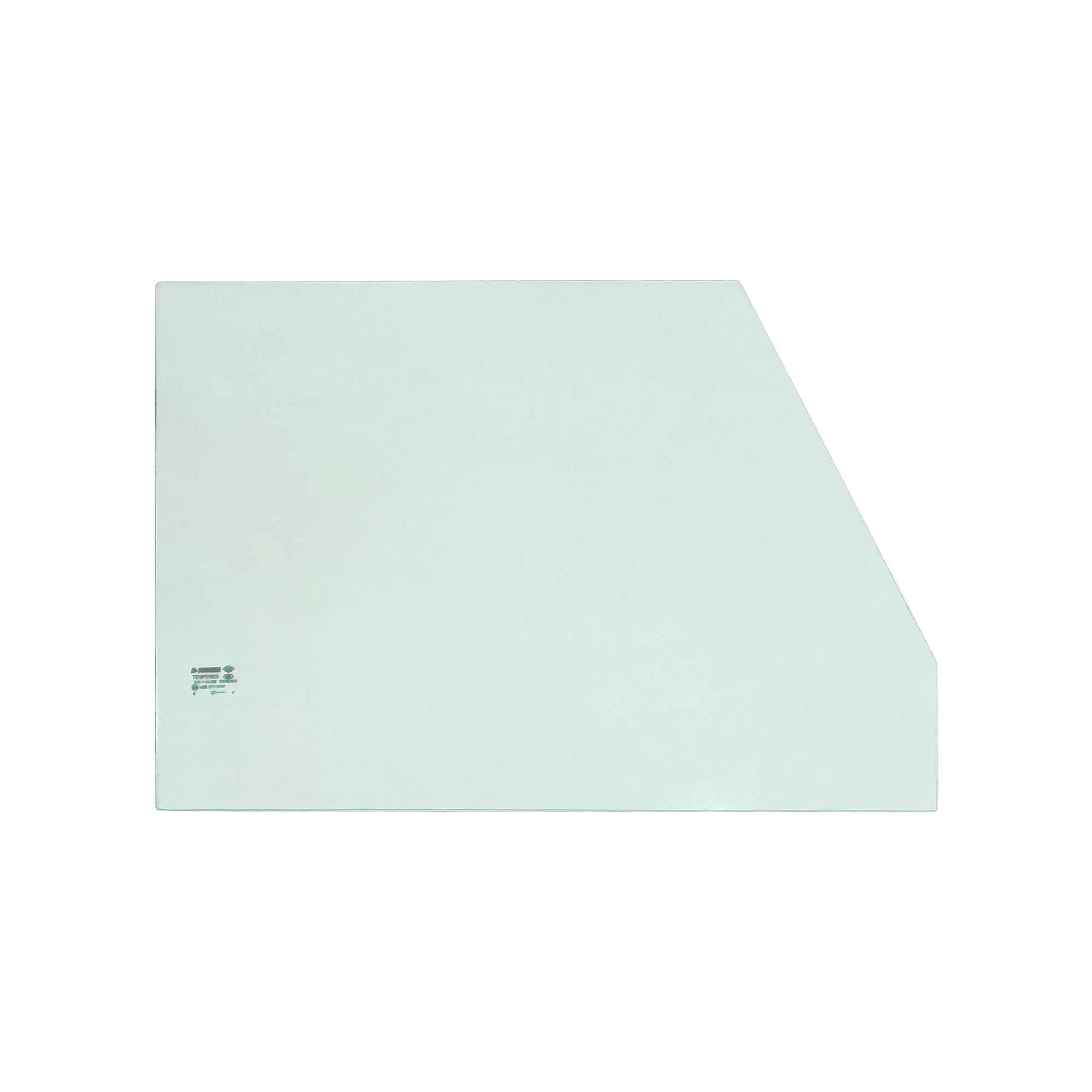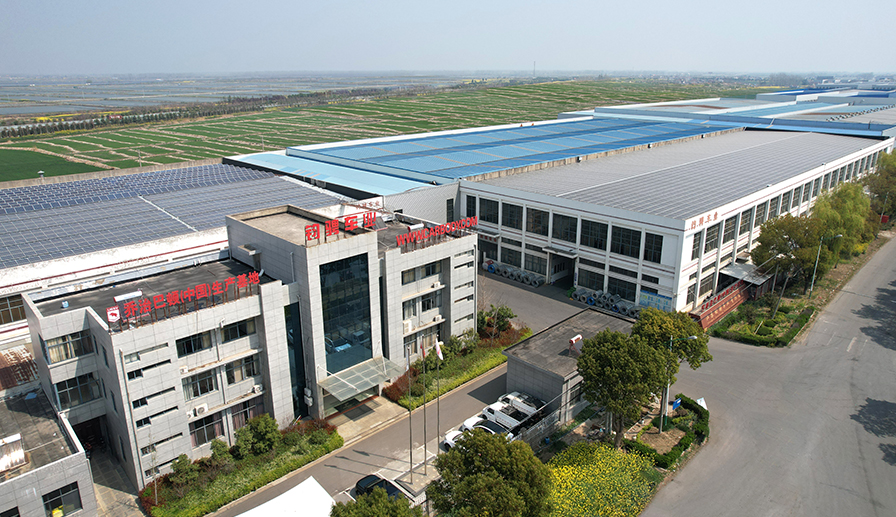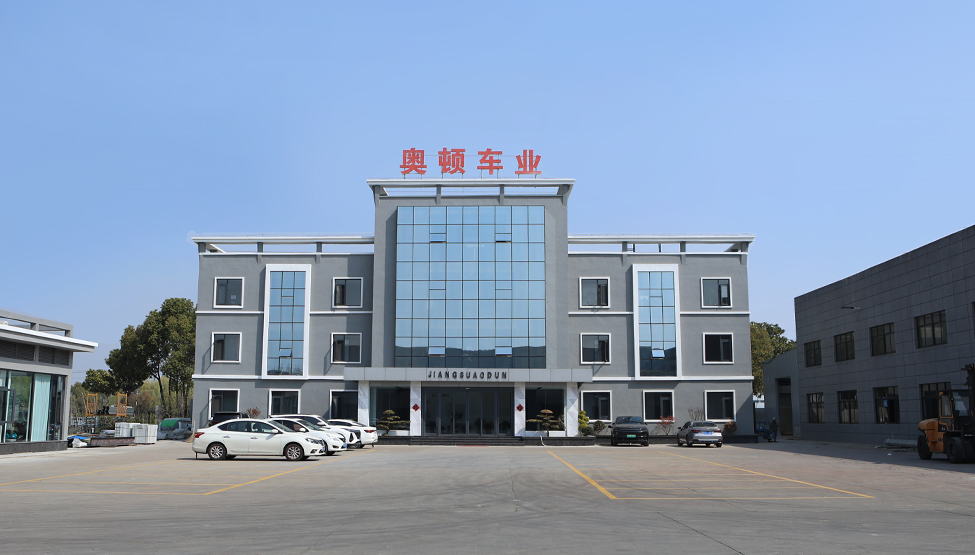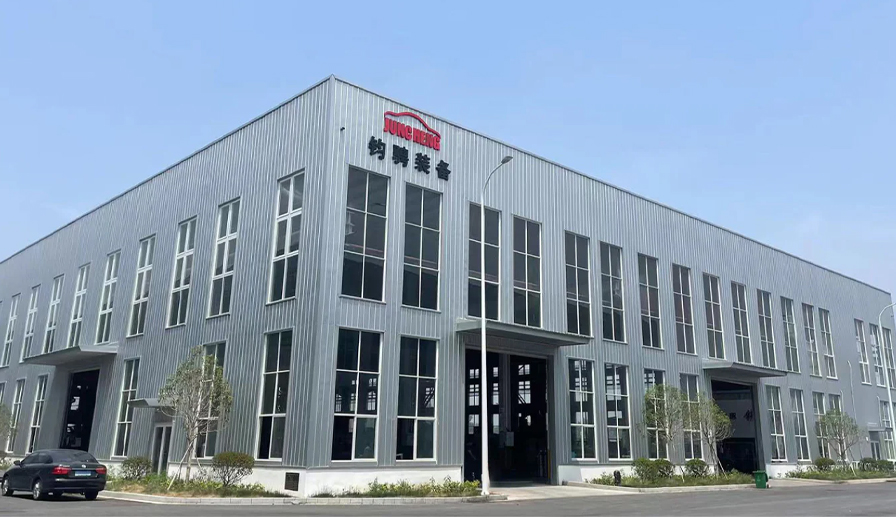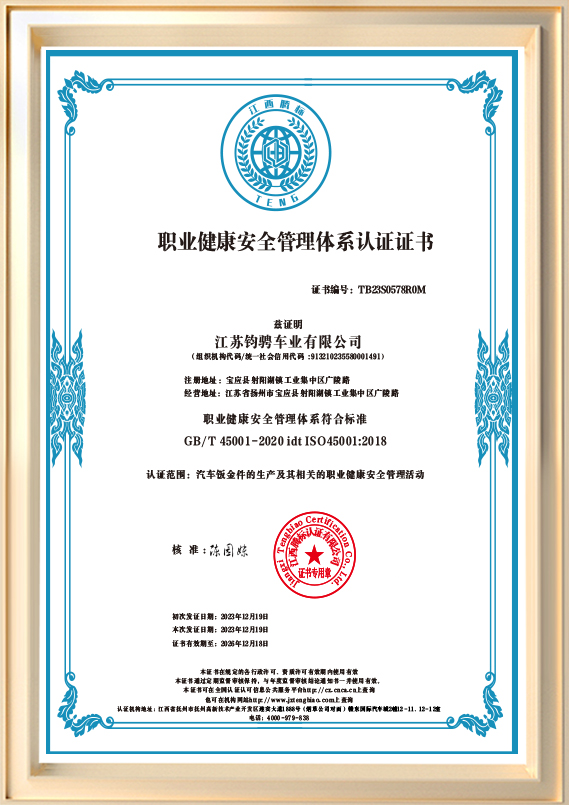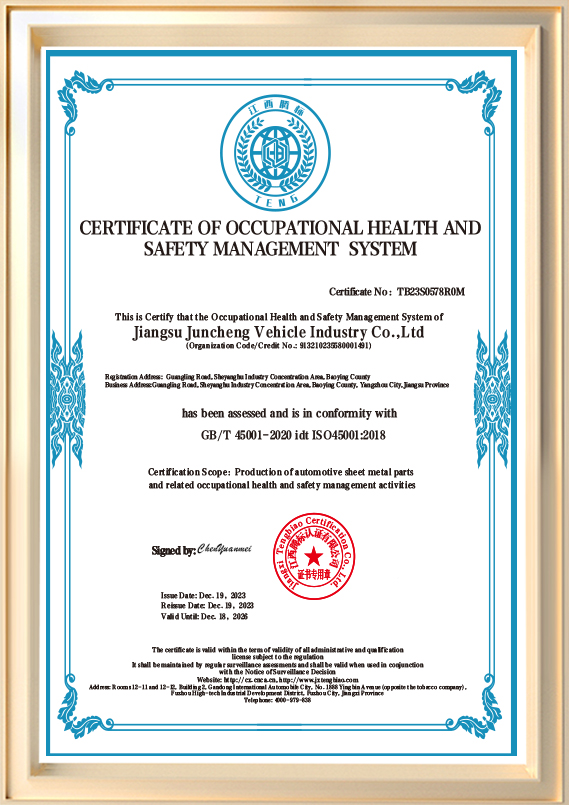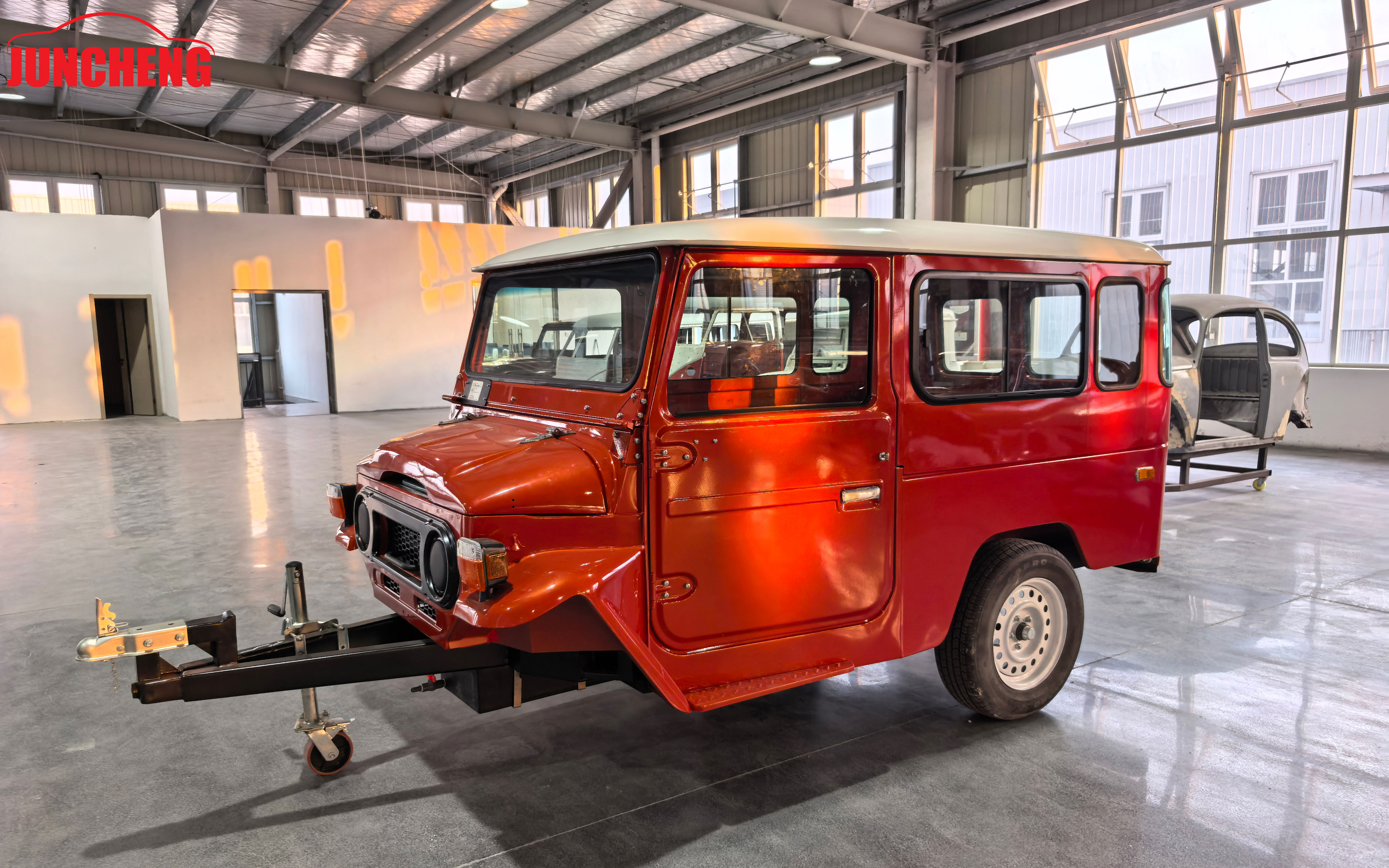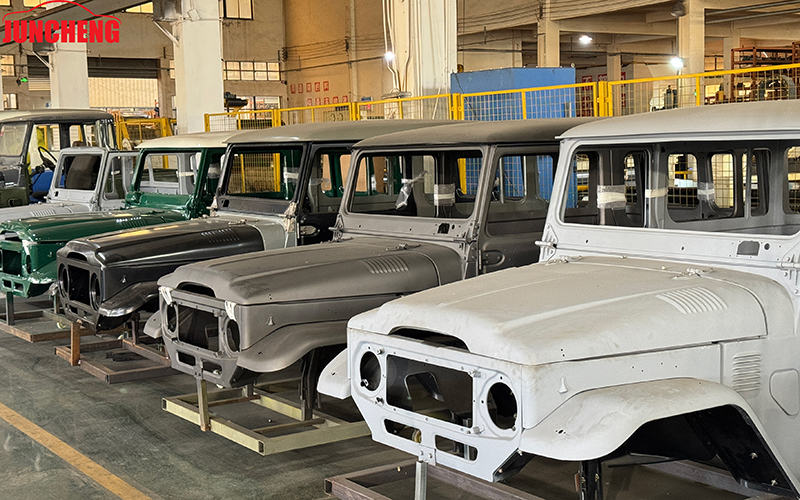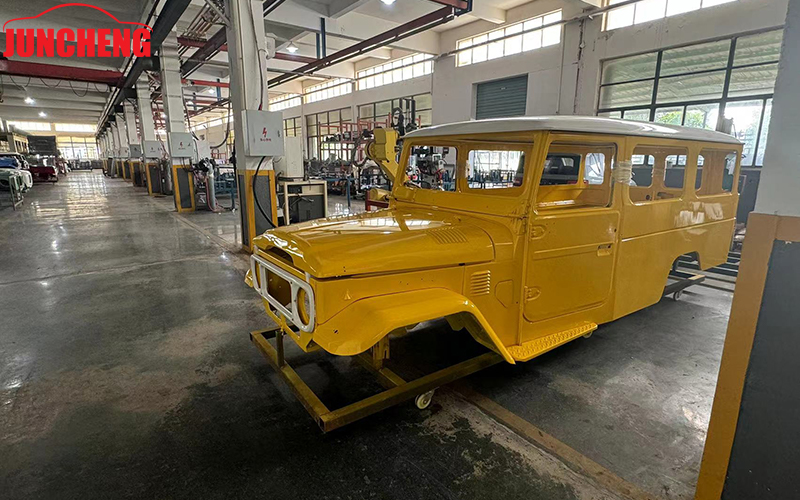Types and Characteristics of Metal Sheet Metal Materials Used in Land Rover
Land Rover Parts typically utilize a variety of metal materials, primarily steel, aluminum, and in some cases alloys. These materials have different advantages and disadvantages in different applications, as detailed below:
- Steel: Steel is one of the most commonly used materials, especially in structural components (such as body frames and underbody protection). Steel has high strength and resistance to deformation, making it ideal for withstanding heavy loads and impacts. For example, steel is widely used in classic models like the Land Rover Defender, especially under off-road conditions where it offers superior impact resistance and bending resistance.
- Advantages: High strength, good weldability, impact resistance.
- Disadvantages: Steel is relatively heavy and prone to corrosion, especially in humid and salt spray environments.
- Aluminum: Aluminum alloys are commonly used for lightweighting, especially in body panels and some lightweight structural components. Some high-end Land Rover models (such as the Range Rover) utilize an aluminum alloy body to reduce overall vehicle weight and improve fuel efficiency and dynamic performance.
- Advantages: Lightweight, corrosion-resistant, improves vehicle fuel efficiency.
- Disadvantages: Aluminum is less strong than steel and may perform poorly in severe collisions or extreme off-road conditions; also, aluminum components typically have higher repair costs.
- Alloys: In some high-end configurations or vehicles with special requirements, high-strength alloys (such as aluminum-magnesium alloys or magnesium alloys) are used. These alloys offer greater strength and corrosion resistance, and are commonly found in high-end SUV or off-road vehicle chassis components.
- Advantages: Lightweight, high strength, and corrosion resistance.
- Disadvantages: Higher cost and relatively more difficult to process.
Trade-off between Corrosion Resistance and Strength
While steel has high strength, it requires anti-corrosion treatments, such as painting and galvanizing, to prevent damage caused by corrosion. Aluminum naturally has better corrosion resistance, but it is often inferior to steel in collision safety and impact resistance. Therefore, it is often used in combination with other materials, such as steel-aluminum hybrid structures.
Land Rover Sheet Metal Parts Manufacturing Processes: Stamping, Welding, and Casting
In the production of Land Rover Parts, the processing of metal sheet metal parts typically includes stamping, welding, and in some cases casting. These processes directly affect the precision, strength, and appearance of the sheet metal parts.
- Stamping: Stamping is commonly used for large body panels and exterior trim components. Most Land Rover sheet metal parts (such as doors, roofs, front and rear fenders, etc.) are manufactured using stamping. High pressure is used to shape the metal sheet into the desired curved surfaces or edges.
- Advantages: High efficiency, lower cost in mass production, and ability to manufacture complex shapes.
- Disadvantages: During the stretching process of metal, localized stress concentration may occur, requiring precise mold and process control.
- Welding: Welding is used to join different metal parts together, commonly seen in the assembly of vehicle body frames and structural components. For example, the chassis frame and rear cargo box areas under the vehicle body are typically welded together.
- Advantages: Ensures high strength at the joints, suitable for handling large and high-stress components.
- Disadvantages: Improper welding can cause the heat-affected zone of the metal to become brittle, affecting durability.
- Casting: Casting is mainly used for some complex-shaped parts, such as engine mounts and transmission system components. Although not commonly used for body sheet metal parts, casting is used in certain special parts (such as wheel covers and bumper brackets).
- Advantages: Enables the manufacture of complex-shaped parts, particularly suitable for areas bearing heavy loads.
- Disadvantages: Castings are relatively heavy and may not be suitable for all applications.
Impact on Precision and Strength
Stamping can produce sheet metal parts with fine appearance and precise dimensions, but requires highly controlled pressure and die design to ensure that the material's strength is not compromised.
Welding can provide strong structural connections, but the strength of weld points can be affected by process quality; therefore, the welding process must be strictly controlled when welding sheet metal parts.
Casting is suitable for high-strength components with complex shapes, but compared to stamping and welding, castings may have lower impact resistance and corrosion resistance.
Coating and Plating Protection for Sheet Metal Parts
The Role of Coatings and Platings
Coatings and platings for metal sheet metal parts are key factors in preventing corrosion and improving durability. Whether it's galvanizing, painting, or electrophoretic coating (EDP), these protective layers significantly extend the service life of sheet metal parts, especially in terms of corrosion resistance in harsh environments. For Land Rover Parts, as a high-end off-road vehicle, its sheet metal parts not only require excellent impact resistance but also extremely high corrosion resistance.
- Zinc Plating: In most cases, metal sheet metal parts undergo hot-dip galvanizing. This zinc coating forms a protective film that effectively prevents moisture, oxygen in the air, and salt from corroding the metal, especially when driving in coastal or humid environments. In the manufacturing process of Jiangsu Juncheng Vehicle Industry Co., Ltd., galvanized coatings are frequently used on large body structural components to ensure the long-term durability of the vehicle.
- Advantages: Provides excellent corrosion resistance, extending component lifespan, especially important in salt spray environments.
- Disadvantages: The zinc coating gradually wears off over time, requiring regular inspection and maintenance.
- Electrophoretic Coating (EDP): Jiangsu Juncheng Vehicle Industry Co., Ltd.'s advanced electrophoretic coating technology plays a crucial role in protecting automotive sheet metal parts. EDP coating uses electrophoresis to evenly coat the metal surface, forming a robust protective film. This coating not only effectively resists oxidation but also improves adhesion and corrosion resistance, and is widely used in critical areas such as automotive chassis and body frames.
- Advantages: Strong corrosion resistance, uniform coating, and environmentally friendly.
- Disadvantages: Compared to other coating processes, it requires a larger equipment investment and precise control of process parameters.
- Traditional Painting and Coating: For the exterior of the vehicle body, Land Rover uses high-quality paint and clear coat layers to improve aesthetics and UV resistance. These coatings typically consist of multiple layers, including a primer, topcoat, and protective clear coat.
- Advantages: Provides an aesthetically pleasing and wear-resistant surface, enhancing resistance to UV rays and oxidation.
- Disadvantages: If the surface coating is damaged (e.g., scratched), the exposed metal surface can be exposed, potentially leading to corrosion.
Jiangsu Juncheng Vehicle Industry Co., Ltd., a company specializing in the production of automotive metal parts, excels in the coating protection of sheet metal parts due to its advanced technology and manufacturing capabilities. Jiangsu Juncheng Vehicle Industry Co., Ltd. possesses advanced production equipment, including an EDP electrophoretic coating production line and an automated spraying system. This equipment not only improves the coating quality of sheet metal parts but also ensures uniform coating and better corrosion resistance.
Electrophoretic Coating Production Line: Jiangsu Juncheng Vehicle Industry Co., Ltd.'s EDP electrophoretic coating production line is one of its core technologies, giving its produced metal sheet metal parts excellent corrosion resistance, especially suitable for components such as automotive chassis and body frames that are exposed to the elements for extended periods. EDP coatings not only provide enhanced corrosion resistance but also exhibit strong water resistance and salt spray resistance, which is particularly important for off-road vehicles like the Land Rover.
Laser Cutting and Welding Technology: Jiangsu Juncheng Vehicle Industry Co., Ltd. possesses ABB robotic laser cutting equipment and multiple welding production lines, enabling efficient and precise production of sheet metal parts. These technologies not only ensure production accuracy but also improve the strength of weld joints and cut edges, ensuring that the performance of the sheet metal parts is not affected after coating.
Quality Control and Testing Equipment: Jiangsu Juncheng Vehicle Industry Co., Ltd. is also equipped with comprehensive quality inspection equipment, such as salt spray testing machines, tensile testing machines, and defect detection instruments, enabling real-time monitoring of sheet metal part quality during production to ensure that each component meets stringent quality standards before leaving the factory. Especially in coating testing, Jiangsu Juncheng Vehicle Industry Co., Ltd. uses salt spray testing to simulate the performance of sheet metal parts in harsh environments to guarantee long-term corrosion resistance.
Durable Protection of Coatings and Platings: To ensure the long-term effectiveness of the coatings and platings on Land Rover Parts, in addition to using high-quality materials and processes, regular inspection and maintenance are also crucial. Consumers should regularly check the coating for peeling, scratches, or other damage and repair it promptly. For example, if coating damage is found, the owner should repair or repaint it as soon as possible to prevent the metal from being exposed to air and moisture, which can accelerate the corrosion process.

 English
English Español
Español عربى
عربى русский
русский 中文简体
中文简体
